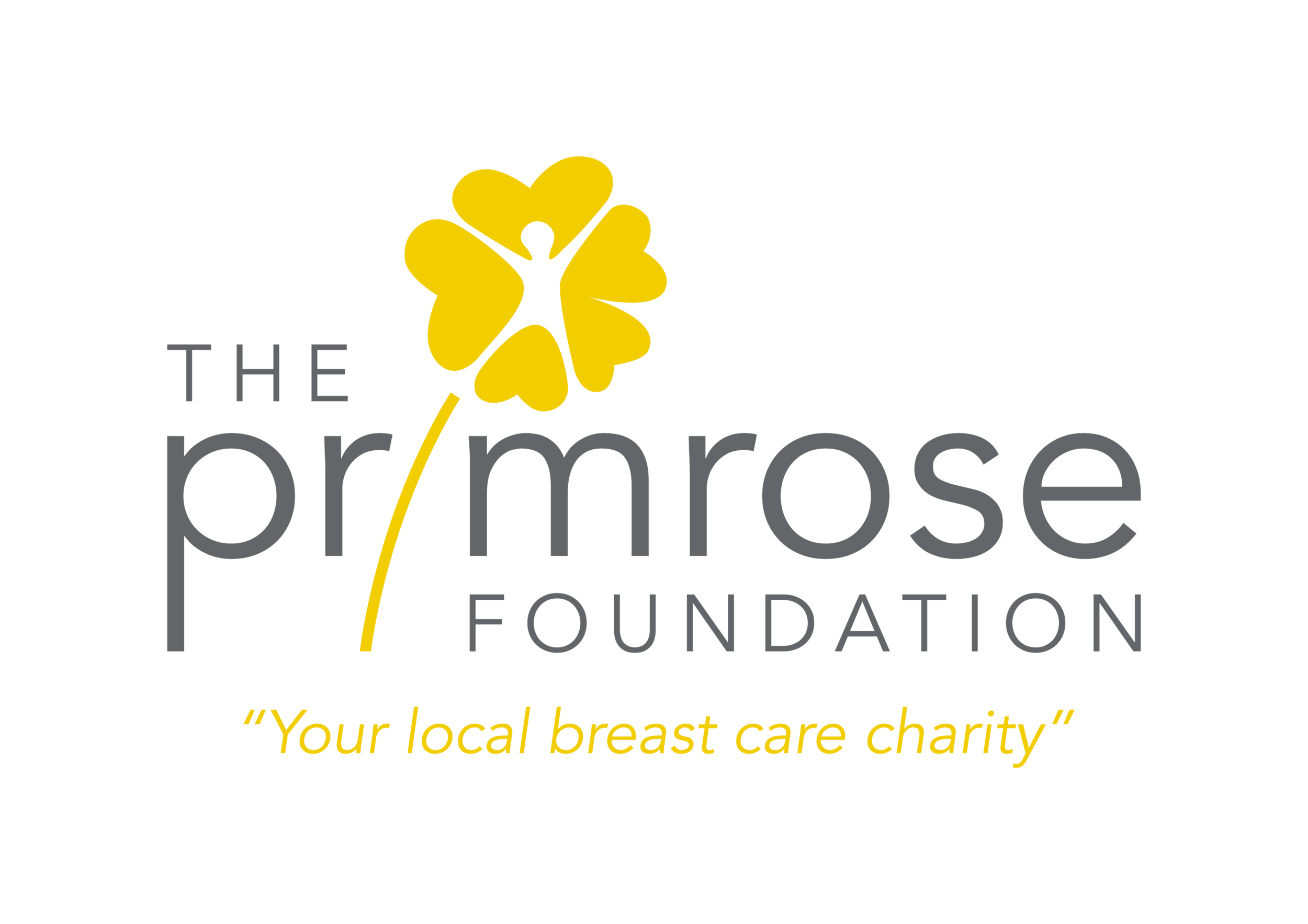Men's Health Information
Men’s Health Week is an important time to raise awareness of health issues that affect men and focuses on getting men to become more aware of health problems, should they develop.
It’s never easy to talk about, but now is as good a time as any to raise two really important subjects:
Breast cancer in men
The effects a diagnosis can have on a man if his loved one has breast cancer.
Firstly, that’s right, men can get breast cancer too. While uncommon, it does still happen. There are many ways to self-examine, however, just like the advice women are given - you know your body, if something does not feel right, speak to your GP. Don’t dismiss a new discolouring, pain or discomfort, a dimple or wrinkle, a growth, or any other warning sign around the nipple, chest, or armpit areas. Early detection is key so give it a go and check your body.
The other important thing to talk about is the effect a cancer diagnosis can have on a man whose loved one is diagnosed with breast cancer. Whether that person is your mum, sister, wife, or daughter, a breast cancer diagnosis doesn’t just affect the patient – it affects the whole family. Which is why there is an array of support available to all family members, all of which can be sourced via the Breast Care Nurses treating your loved one.
So now is the time to start talking. Be honest - the more honest you are about your feelings, the more honest your loved one will be too. Not talking or being open about your feelings could lead to depression and stress, so whilst talking about feelings is something many men struggle with, now is the time to change.
Take the time to talk about your feelings, the good and bad ones, laugh and cry together. We all cope in our own way but not talking about your feelings will not make the situation disappear.
Be aware that you have been thrown into something you did not choose, plan for or have any real understanding of so expect good days and bad days.
Talk about your feelings together - we all have them, we are all human, after all. Know that it’s OK to feel differently about it all to your loved one. You may be in the same situation but in opposite shoes – neither one is right nor wrong.
Make time to do the small things that make you both happy: a trip to the seaside to breathe in some air or to watch the sunset. Watch a movie together. It may take several attempts but that’s fine.
Friends and family members will want to help too so remember to share some of the responsibilities. It may not be possible to take your loved one to every appointment and you may not cope by yourself with additional childcare or housework. That’s OK - you can't do everything so let someone else help.
Help is never far away; you just need to ask for it.


